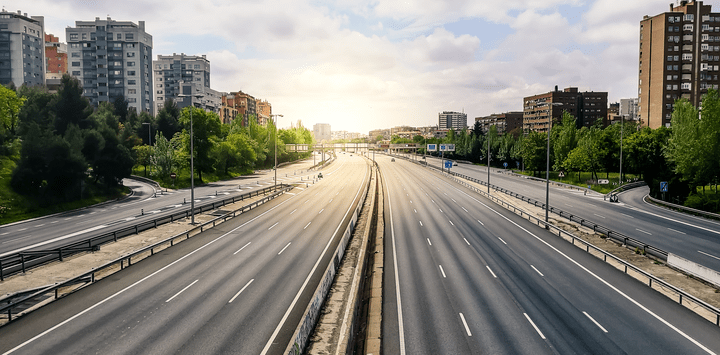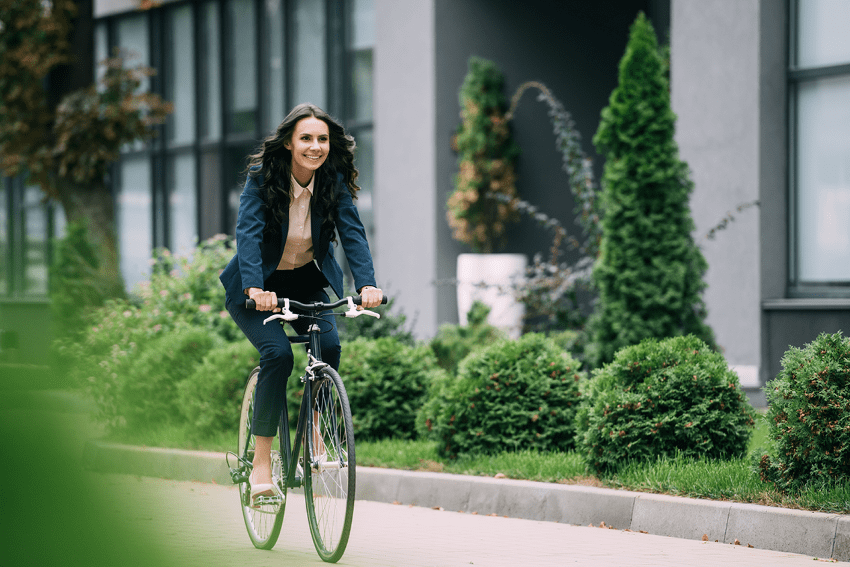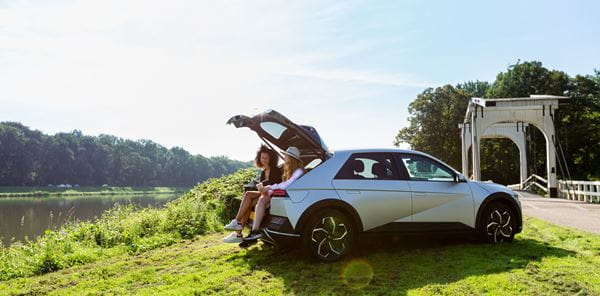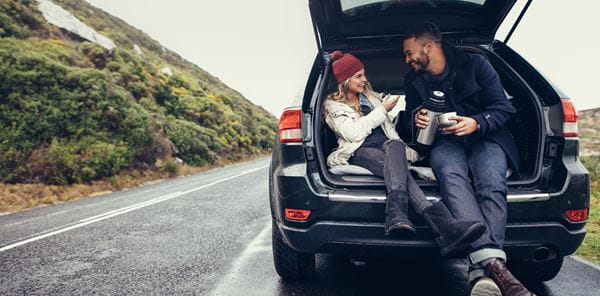
7 lessons remote work has taught us
The corona pandemic changed not only how we interact with each other, but also the way we commute to work. Remote work became more and more commonplace and today it is impossible to imagine life without it. We also buy more often online than in a physical store. Even the way we travel has largely changed. All of this has an impact on our mobility. Let’s have a look at what the lockdown taught us.
1. Fewer cars on the road
Nationwide, our car use dropped by a whopping 75 percent during the lockdown. The result? Far fewer traffic jams while concentrations of nitrogen dioxide and diesel exhaust were up to 70 percent lower than the year before during the same period. Perhaps the greatest advantage of all: the number of traffic victims also decreased. Of course, fewer cars on the road meant lower demand for cars with sales suffering compared to previous years. Yet the demand for electric vehicles increased significantly.
2. Fewer traffic jams during rush hour
We have all been introduced to the power of technology: today we no longer travel to the office for a meeting, but we dial in via video call. Many companies have also suddenly shifted up a gear with their home working policies. Flexible hours and working from home have become the standard in modern organizations. And that is causing a shift in our mobility with much quieter morning and evening rush hours. However, traffic is more spread out, which means it can become busier during the day. And that’s less pleasant for those who are on the road all day. So the key is to keep encouraging remote working, because it has a positive effect on our mobility.
3. Travel is less necessary than people thought
Many businesses tried to survive the lockdown by offering their services online. Suddenly, teaching was done online and a doctor’s visit or a session with a psychologist also took place via the internet. The lockdown not only taught us that remote work is easy, but also that we no longer had to travel for other purposes. Although a lot has gone back to the way it was before, for some things we do not have to move around anymore. After all, why still commute to college when you can bring the auditorium right into your living room.
4. We need to make e-commerce more sustainable
E-commerce experienced an enormous boost. During the corona waves, the number of parcels to be delivered by Bpost tripled. This e-commerce should not necessarily be bad news for our environment. Suddenly we were no longer all driving to the store, but goods and food were delivered by a single delivery truck. Certainly at the local level, e-commerce is more sustainable than you think. Although returning packages still has an impact on the environment. Therefore, we need measures to make e-commerce more sustainable, by means of cargo bikes and electric vehicles.
5. Proximity has its benefits
Since we were no longer allowed to go on vacation and while sports clubs, bars and restaurants closed, there was no choice but to explore our own neighborhood. With many positive results, because we learned that it can also be fun to be close to home. You don’t always have to go far away to enjoy a vacation. Today, we are increasingly going on staycations or opting for nearby trips. And that benefits our own tourism as well.
6. Public transport is in need of an update
Public transport is not experiencing a resurgence today. People make less use of buses, streetcars and trains. Perhaps because they fear standing or sitting close to each other? Nobody wants to be crammed together in a streetcar anymore. That’s why it is important to update our public transport system. Boosting capacity to avoid traveling like sardines in a can would be a start towards more sustainable mobility.
7. More focus on bicycles
Bikes became increasingly popular during the corona period. Besides walking or running, cycling was the only sport we could still practice. And those who discovered their love for cycling also use the two-wheeler more often to go to work, for example. As a pioneer of safe and sustainable mobility, we applaud the use of bicycles. Now it’s time to focus on cyclists: new and safe bike lanes and better connections can encourage bike use for commuting.
At LeasePlan we are strongly committed to sustainable mobility. For instance, we promote the use of electric cars and strive for net zero emissions in traffic. You can read more about our sustainable mobility ambitions here.







